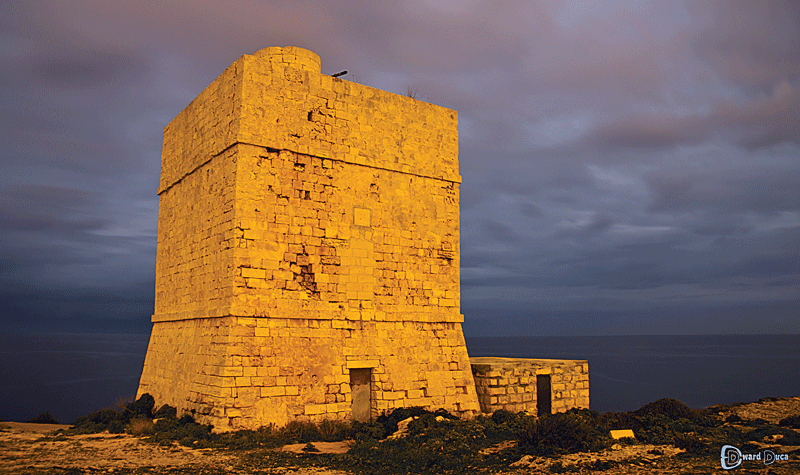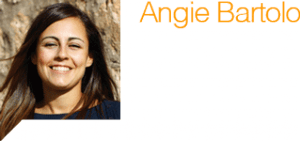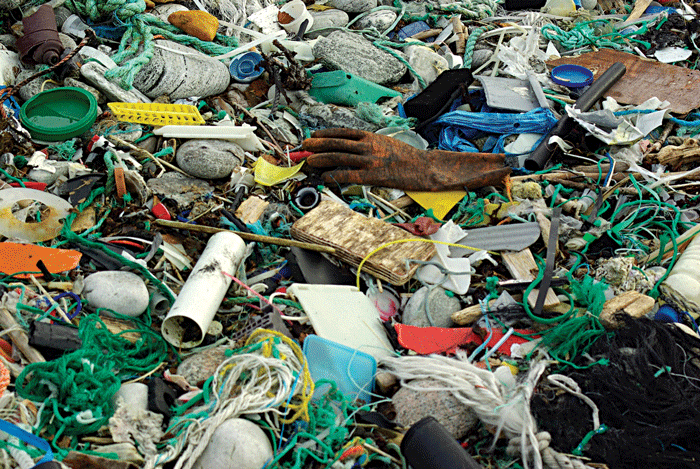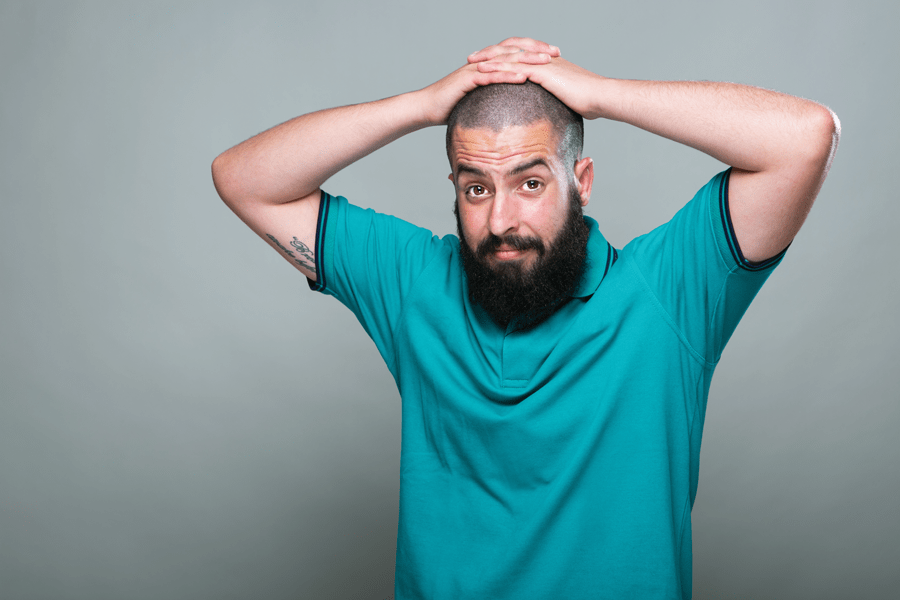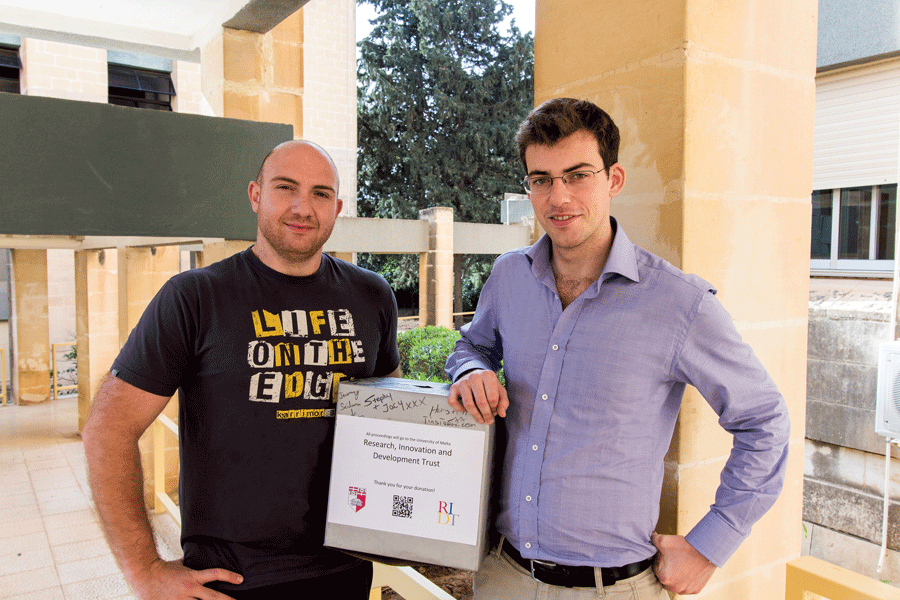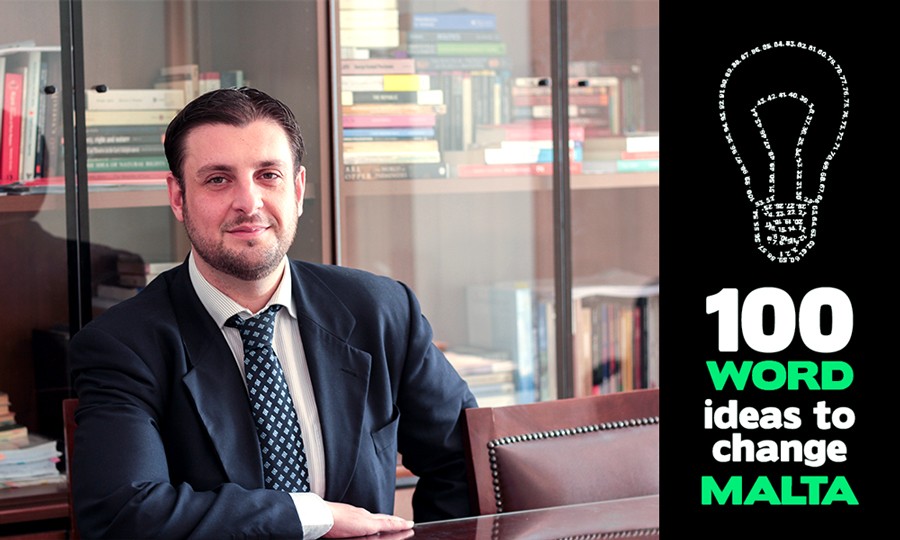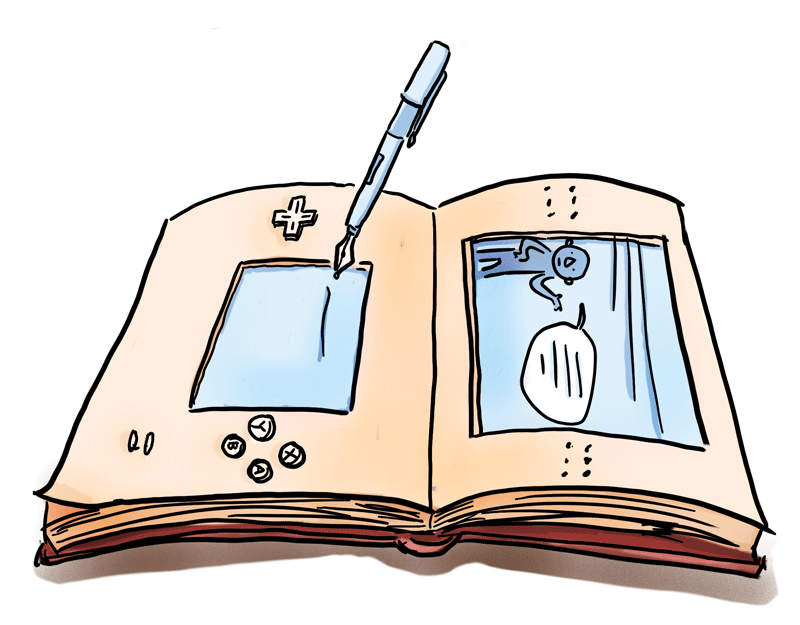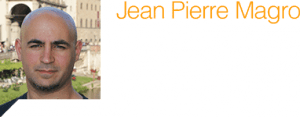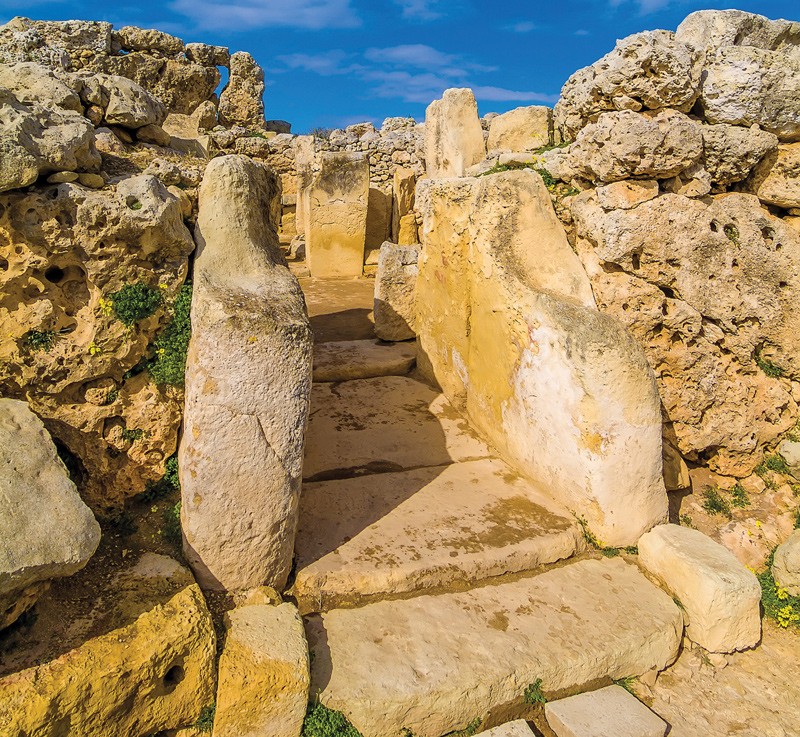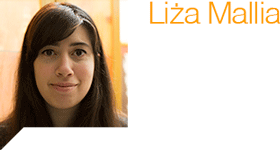 An essay by linguist Deborah Cameron about gender misconceptions really hit home hard. It made me ask, why do we let gender role restrictions influence our identity. Continue reading
An essay by linguist Deborah Cameron about gender misconceptions really hit home hard. It made me ask, why do we let gender role restrictions influence our identity. Continue reading
Immortalising Heritage
Limestone is precious to Malta. The softness of the stone makes beautiful sculptures but also erodes quickly. Jessica Edwards caught up with Dr Daniel Vella and Prof. Emmanuel Sinagra to find out how limestone and Malta’s heritage can be protected.Continue reading
Oceans Re-energised
The world’s oceans support the lives, economies, and health of societies. When the ocean is in decline, a society will also be in decline. Take the Aral Sea Crisis—destroyed by Soviet-era irrigation projects—where a prosperous society used the sea in an unsustainable manner, degrading this resource and their livelihoods. This cycle of decline needs to be turned into a cycle of recovery.Continue reading
Pollution around Malta’s Sea
Research by Nicolette FormosaContinue reading
The Must-have 2014 Tech Christmas List
Christmas is just around the corner, and for many of you out there, that means that it’s time to start dropping hints to your loved ones. Gadgets are growing in popularity and are one of the most wanted Christmas presents—according to us. Below is our list of top Gadgets for your Christmas stocking.Continue reading
Let us set a precedent
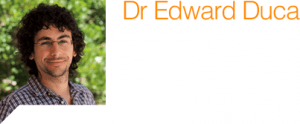 A changing University greeted me when I returned to Malta four years ago. This culture of change has only snowballed as new institutes, centres, and facilities have opened up, backed by personnel that are pushing its research portfolio. To continue supporting this progress the Research Trust (RIDT) is launching a Staff Contribution Scheme as from January 2015.Continue reading
A changing University greeted me when I returned to Malta four years ago. This culture of change has only snowballed as new institutes, centres, and facilities have opened up, backed by personnel that are pushing its research portfolio. To continue supporting this progress the Research Trust (RIDT) is launching a Staff Contribution Scheme as from January 2015.Continue reading
Translating Education
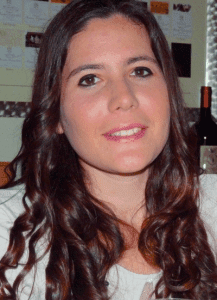
Research by Jana Galea
Language,translation,and education: three hot topics on the Maltese Islands.
Malta invests heavily in education with a big chunk of its budget, strength, and efforts invested to elevate standards. Malta is also largely bilingual. This is even reflected in Malta’s constitution which places both Maltese and English as official languages. Yet, deciding on which language to use to teach children is a thorn in the side of Maltese educational institutions. A viable bilingual policy is still needed.
The European Union places great importance on national languages. This policy elevates the importance of all EU languages no matter the country’s size. The EU releases its documents in each language—a boon for Maltese translation studies. However, there is a clear lacuna in terminology and glossaries for education documents.
Jana Galea (supervised by Prof. Anthony Aquilina) translated an international publication on education into Maltese and compiled an accompanying glossary of educational terms. Translators have to adopt the role of terminologists (professionals who research and locate information or past publications to ensure accuracy and consistency in the usage of terms) when working with specialised terminology, a time consuming activity due to the lack of standardised terms. A glossary of educational terms facilitates translation by providing an easy-to-access reference tool that ensures consistent terminology in translations.
The research tries to show that Maltese and English should not be seen as rivals constantly trying to outdo each other. The Maltese language is part of the country’s unique identity, its most democratic tool, and an official EU language. It is strong and continuously growing, as Prof. Manwel Mifsud stated ‘Ilsien żgħir imma sħiħ, ilsien Semitiku imma Ewropew, ħaj u dinamiku’ (A small but complete language, a Semitic language but European, alive and dynamic). Then there is the English language which is Malta’s main linguistic link to the rest of the world and the carrier of scientific, technological, and informational developments—both languages enrich the Maltese Islands.
This research was performed as part of a Master of Arts in Translation at the Faculty of Arts, University of Malta. It is partially funded by STEPS (the Strategic Educational Pathways Scholarship—Malta). This scholarship is part-financed by the European Union—European Social Fund (ESF) under Operational Programme II—Cohesion Policy 2007–2013, ‘Empowering People for More Jobs and a Better Quality of Life’.
PLAS
Think breadth: broadening your knowledge, pursuing your passion and acquiring useful transferable skills.
Think opportunity: studying at your own pace while juggling many commitments. An opportunity to continue your education or improve your career prospects.
Think flexibility: designing your own programme of studies by choosing any and as many short courses as you wish from a wide variety of fields. You can take just one or several classes, but you can also build up a diploma or a degree, with no time limits.
The University of Malta’s Programme in the Liberal Arts and Sciences (PLAS). Think about it. Visit www.um.edu.mt/clas


